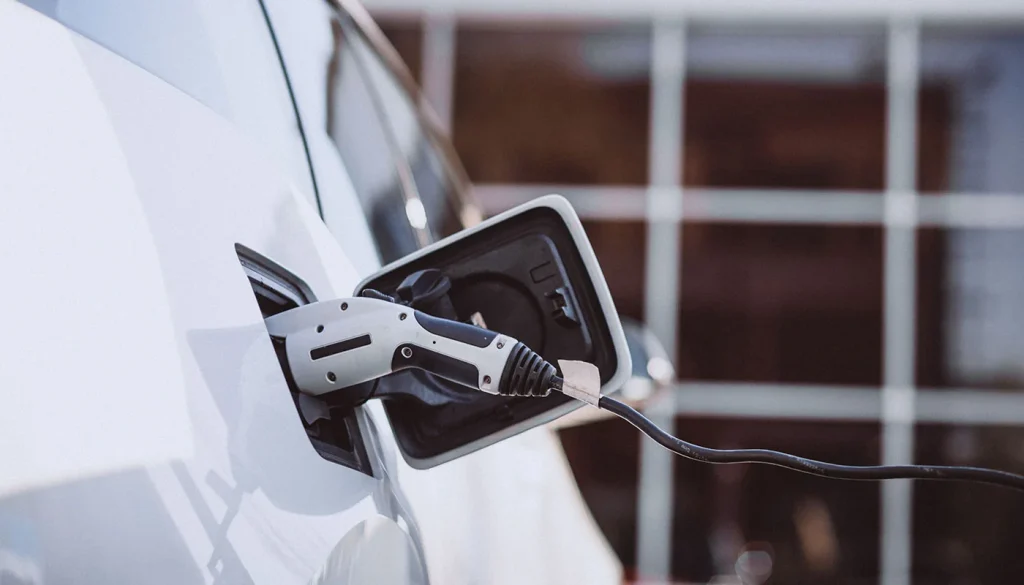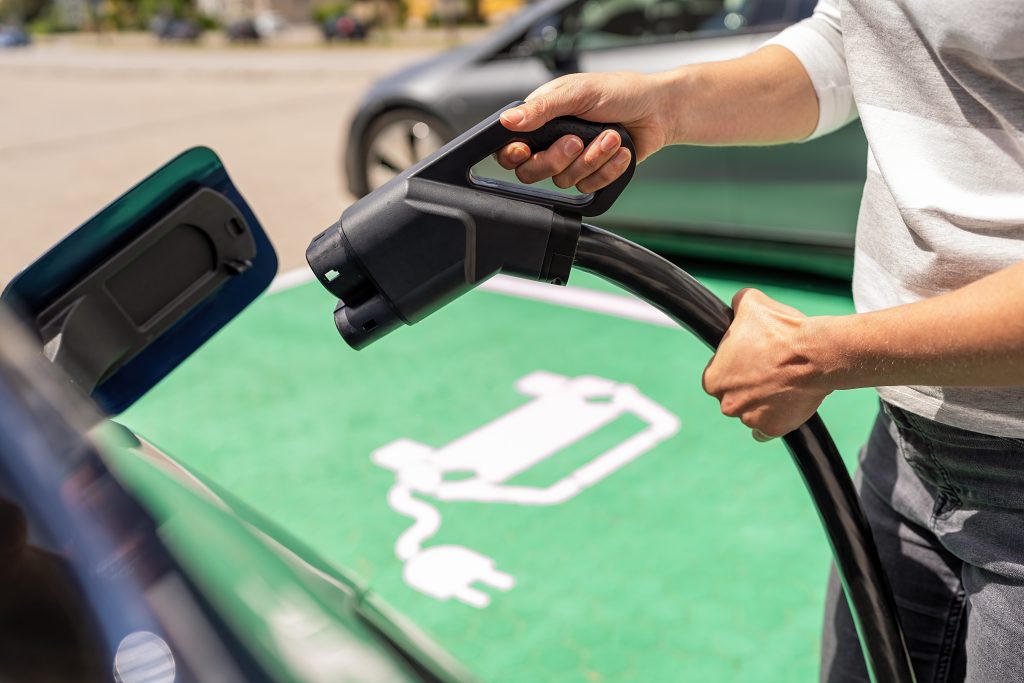Not sure about choosing a charger? Try our revamped Charger Finder!
Try our revamped Charger Finder!
- For Installations
- All our chargers come with a 1 year warranty
- Free Shipping
November 14, 2023
How the EV chargers get their power, i.e., their power source, is an important consideration when deciding on the appropriate EV charger. The availability of 240v (residential supply) to various NEMA plug types gave rise to the widespread adoption and production of so-called plug-in EV chargers (also known as EVSEs).
These are EV chargers (EVSEs) that get the power via a plug receptacle which is wired to a circuit in your panel breaker. These plug receptacles are typically mounted inside the garage or exterior to the garage.

Level 1 plug-in EV chargers will use mainly a NEMA 5-15 or NEMA 5-20 plug receptacle type.
Level 2 plug-in EV chargers will use mainly a NEMA 14-50 or NEMA 6-50 plug receptacle type.

Hardwired EV chargers do not use a plug receptacle. They are wired directly into the circuit breaker of your electrical panel. A hardwired charger allows for slightly higher amperage.
A common hardwired EV charger is 48 amps / 11.5 kWh compared to 40 amps for a plug-in EV charger. Also, if they are hardwired, they do not need GFCI protection. One disadvantage is that there is less flexibility in the location of your EV charger since they need to be hardwired close to the electrical panel. If moving, there is also less portability and more expense to move the charging station
Hardwired EV chargers pulling 48 amp charge rates should be on a 60A service. We sell a full range of hardwired and plug-in EV chargers.
Liam Gillespie